
The story about the adaptation of IN THE LOST LANDS broke a week or so back.
And now, hard on the heels of that, comes the announcement about another story of mine being developed as a movie.
“Sandkings” was the story I was best known for, before A SONG OF ICE AND FIRE came along. Originally published in OMNI, it went on to win the Hugo, Nebula, and Locus Awards (my only triple crown), and has been anthologized and reprinted more times than I can count. It was filmed once before as well, as the two-hour premiere episode of the revived OUTER LIMITS. Melinda Snodgrass did the adaptation; Beau Bridges starred, with his father and his son in supporting roles.
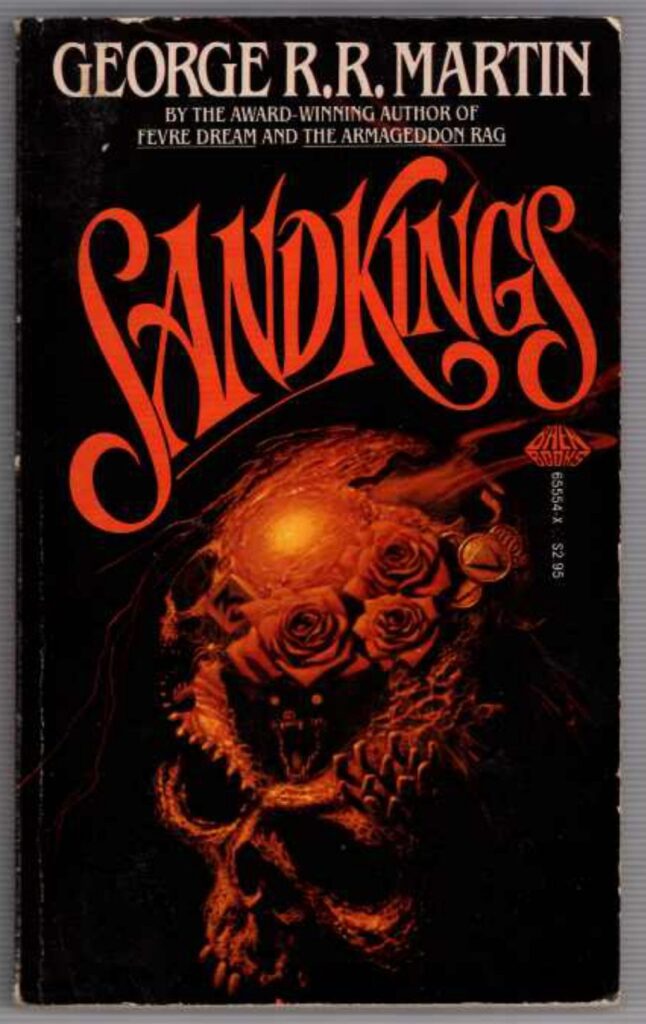
Now the story is in development once again… this time as a feature film rather than a television episode.
Gore Verbinski, the acclaimed director of RANGO, THE RING, PIRATES OF THE CARRIBEAN, and many other films, will helm the project. Dennis Kelly, creator of UTOPIA, is writing the script, which promises to be a closer adaptation than the OUTER LIMITS version. The new version will have a much bigger budget as well; the OUTER LIMITS simply did not have the money to do all the things that they wanted to do.
You can read all the details here:
https://collider.com/sandkings-movie-netflix-gore-verbinski-george-rr-martin/
or here:
Gore Verbinski to Direct Adaptation of George R.R. Martin’s Sandkings
We are still in the early stages of development, to be sure. Dennis Kelly is only now writing the script. Many things are developed and only a few are ever filmed, so please remember that… it could be a year or two or three before this comes to Netflix, if indeed it ever does. But we have a great team on it, so I am hopeful. Cross your fingers and pray for Simon Kress. (Or don’t).
I am not quite sure why all these stories seem to be breaking now. The SANDKINGS project has been underway for more than a year (Covid obviously shut things down) and IN THE LOST LANDS for something like six years. We also have an animated feature of THE ICE DRAGON in development at Warner’s (as it happens I wrote “Sandkings” and “The Ice Dragon” within a couple weeks of each other, during a Christmas break from my job teaching college in Dubuque, Iowa — that was a good break).
And that’s just in the feature sphere. In television, as seen here, I am working with Kalinda Vazquez on a pilot for Roger Zelazny’s ROADMARKS, and I am part of the terrific team that is trying to bring Nnedi Okorafor’s WHO FEARS DEATH to series on HBO. I think we’re finally getting close on that one; we’ve been interviewing possible directors lately, and the last one was VERY impressive. Of course there’s HOUSE OF THE DRAGON at HBO, the GAME OF THRONES prequel series that Ryan and Miguel are helming, and maybe possibly some other stuff for HBO that I cannot tell you about (but it is very exciting), and also a new series for AMC that I also cannot tell you about… yet… (hint, hint).
Oh, and there’s FRIENDS FOREVER. Just a short film, maybe twenty minutes long. A labor of love, that I hope you’ll love as much as I do. That one will happen, if the pandemic ever allows it. If not for Covid, we would have shot it already. It is the first of four shorts that I hope to film, based on classic short stories by one of the most idiosyncratic writers our field has ever produced.
That’s what’s on my plate in television and film.
You all know what is on my plate in prose. I need to finish WINDS, and then maybe write another Dunk & Egg novella, and then get right into A DREAM OF SPRING, and in between edit some more Wild Cards books.
Once more into the breach, dear friends… Westeros beckons.
Current Mood:  busy
busy




 angry
angry
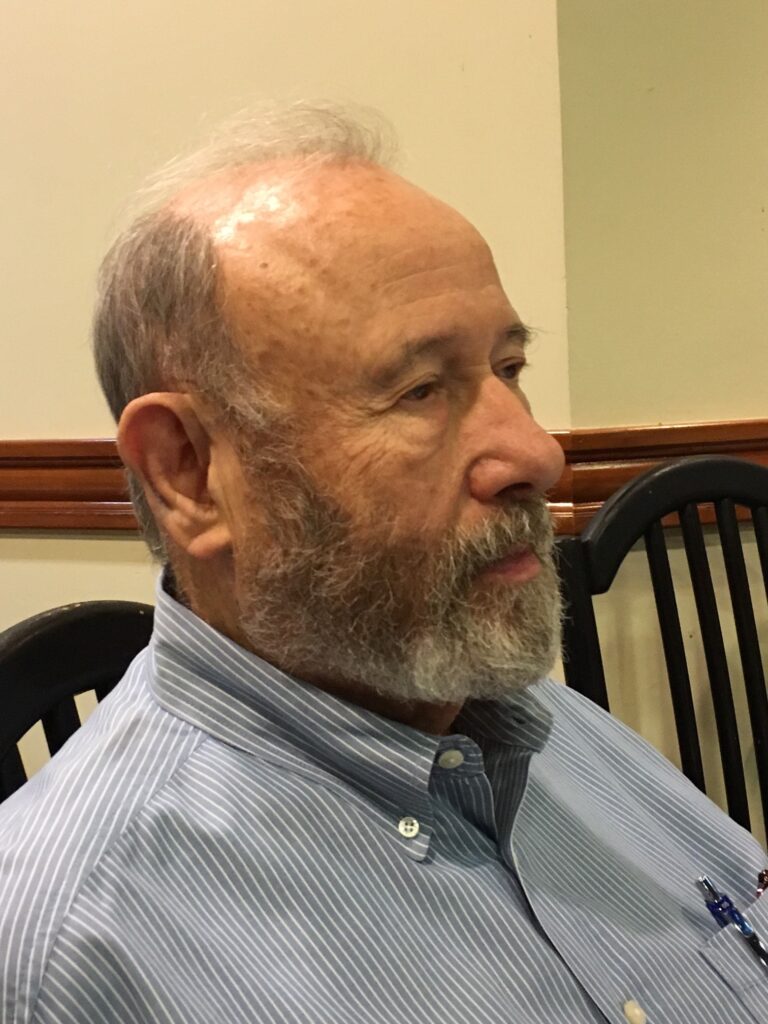
 depressed
depressed
 hopeful
hopeful

 thoughtful
thoughtful


 geeky
geeky

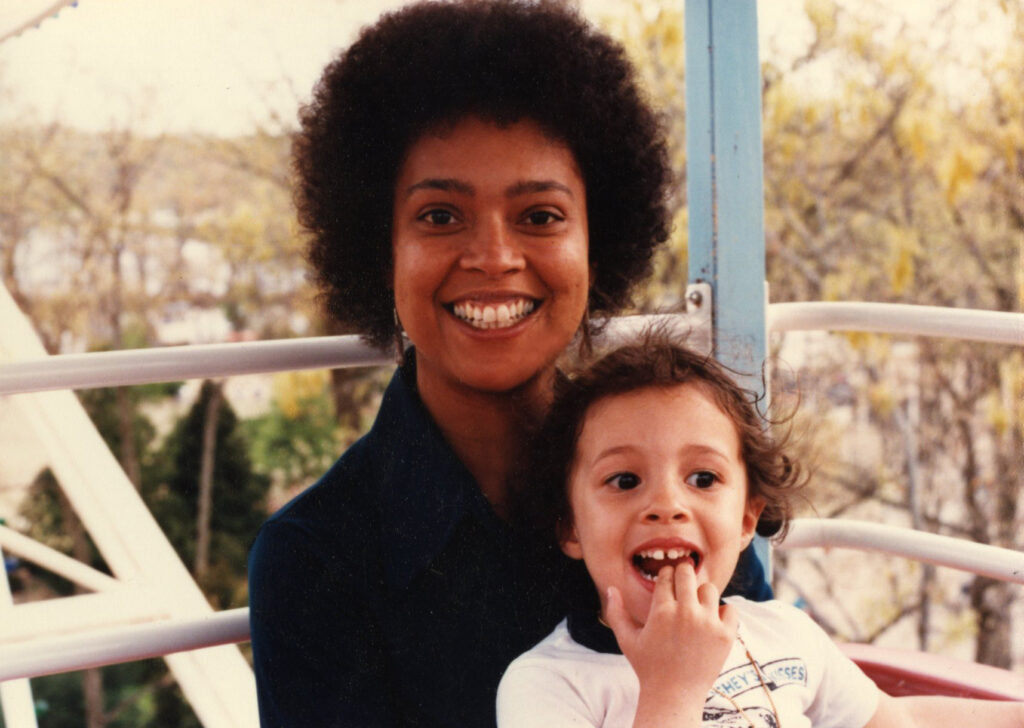
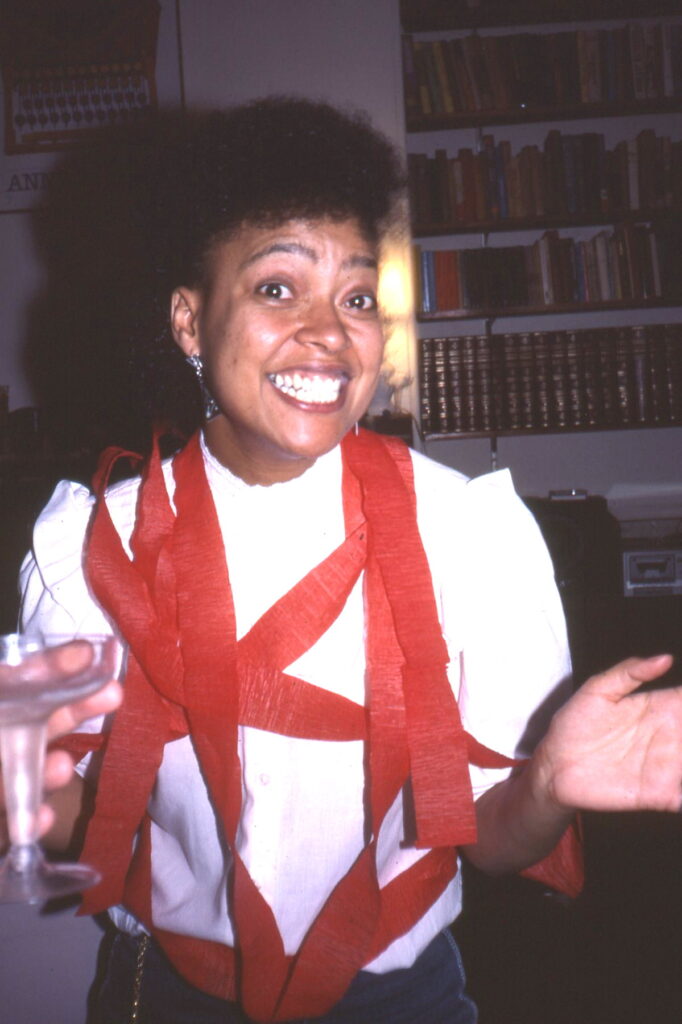
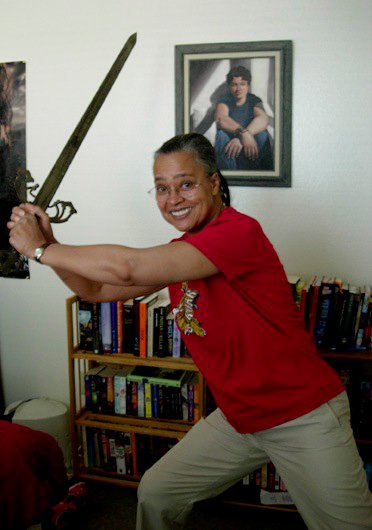
 sad
sad
 tired
tired
 pleased
pleased
